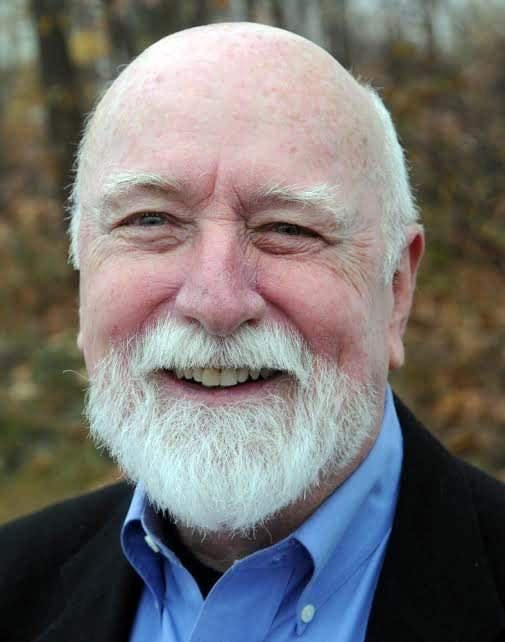The Observer: Two roads diverged in a yellow wood
Probably just about everyone is familiar with Robert Frost’s poem “The Road Not Taken.” It begins with the line: “Two roads diverged in a yellow wood.” The poet’s words paint a vivid picture of a dirt lane passing through a hardwood forest.
It is autumn, the leaves are turning yellow and dropping everywhere. The fork in the road ahead offers a choice: do what those around us have done, what we have always done, or take the lesser trodden, unknown road?

For many people, there is no deliberation or choosing involved. Unless a crisis forces us to reassess, many of us will stick to the main trail, oblivious of secondary paths through the undergrowth. We fail to notice the minor trails that diverge from the main one and so we are unaffected by them. Side trails are unpredictable and a little scary — where might they lead?
I have sometimes wondered what Frost had in mind when he wrote this poem. Was he speaking about the life choices he had made? And if so, which ones? Frost’s father died when Robert was 11. His mother moved him and his younger sister from San Francisco, California to Lawrence, Massachusetts. They settled in Lawrence because his grandfather, the successful overseer of a mill, lived there.
That cross-country move had to have been a serious divergence in young Frost’s life; a divergence over which he probably had little say. That relocation was something that happened to him, but it gave him the opportunity to become the iconic New England poet he was. Would Frost have been the poet he became had he remained in San Francisco?
The Observer: From apathy to sympathy to empathy
After graduating from Lawrence High School (1892), Frost went to Dartmouth but dropped out a few months into it to help his mother back at home. Another divergence. He married Elinor White (in 1895) after she had previously refused him. Divergences. He attended Harvard College but withdrew because of an illness. More divergence. On and on and on; roads diverging in the yellowing woods of life.
As many of these divergences were not of his making, perhaps he was thinking about other events when he first published this beloved poem in 1915.
Frost’s life, like the lives of most of us, was a series of life-altering decisions and surprising events encountered along the way. The poem implies what today we sometimes call “inflection points,” single, consequential choices made volitionally. Two roads diverging at one place in time. We make the choice and perhaps, as Frost says, that makes all the difference.
The Observer: Two too old to be President of the United States
This interpretation of the poem suggests that such turning points are rarely occurring events, but life is richer and more varied than that, isn’t it?
Though some events are thrust upon us (like job losses and chronic illnesses), it is possible to anticipate some major events in life: whether and what school to attend, graduation, what career to pursue, what job to take, whether (and whom) to marry, where to relocate, etc. Rare decisions, but the reality is that every day presents us with opportunities to choose one road over another; to choose different paths.
Each year moves us through our own yellow woods. The woods Frost had in mind is not a spring forest with ferns and perennials sprouting up.
Nor is it a summer wood with mosses and wildflowers growing abundantly. It is an autumn wood anticipating an approaching New England winter. It is a yellow-leafed forest bathed in the slant light of the shortening day. And yet, still there are choices to be made.
The reality is that every season offers us opportunities to reassess the course we are traveling.
Jim Fabiano: Take time for your memories
Any year, we could explore different ways of seeing the circumstances of our lives, but often we don’t. We could reassess our environmental impacts, our lifestyles, our politics, our parent-child relations, the trajectory that is taking us from where we are now to our ultimate end. We could do these things but mostly we don’t.
Most of the time we carry on; unaware of the less traveled paths off to our left or right. What would be different if we became aware of the opportunities available to us each and every day? What would life be like if we were to take one of those other paths?
“Two roads diverged in a wood, and I —
I took the one less traveled by,
And that has made all the difference.”
Ron McAllister is a sociologist and writer who lives in York.
This article originally appeared on Portsmouth Herald: The Observer: Two roads diverged in a yellow wood
